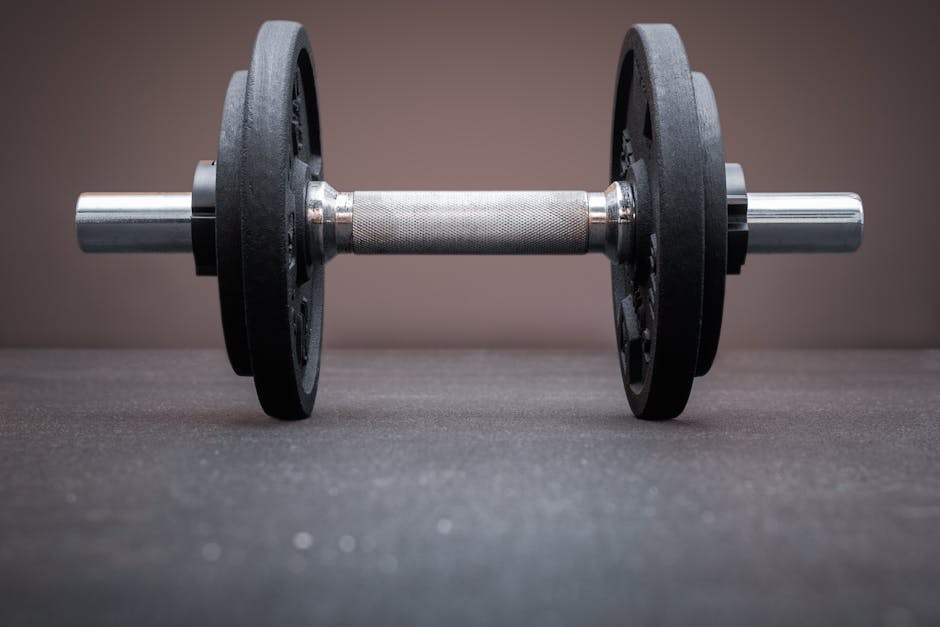When it comes to weight management, fat loss is often the ultimate goal. Whether you're looking to shed a few pounds or transform your entire body, understanding the principles of fat loss is crucial for success. This comprehensive guide will delve into everything you need to know about losing fat effectively.
**The Physiology of Fat Loss**
Fat loss occurs when you burn more calories than you consume. The body's primary source of fuel is carbohydrates, followed by fats and proteins. When you consume more calories than your body needs, the excess is stored as fat. To lose fat, you need to create a caloric deficit, meaning you must consume fewer calories than you burn.
**Dietary Strategies**
A balanced and nutritious diet is essential for fat loss. Focus on consuming whole, unprocessed foods such as fruits, vegetables, lean protein, and whole grains. Avoid sugary drinks, processed foods, and unhealthy fats, as these contribute to weight gain.
**The Importance of Protein**
Protein is a satiating macronutrient that helps curb hunger and promotes muscle growth. Include lean protein sources in every meal to help you feel full and satisfied while boosting your metabolism.
**Cardiovascular Exercise**
Cardiovascular exercise, such as running, cycling, or swimming, is an effective way to burn calories and promote fat loss. Aim for at least 150 minutes of moderate-intensity cardio per week.
**Resistance Training**
Resistance training, such as weightlifting or bodyweight exercises, helps build muscle mass. Muscle is metabolically active, meaning it burns calories even at rest. Incorporate resistance training into your routine to boost your fat-burning potential.
**Hydration**
Staying hydrated is crucial for overall health, including fat loss. Water helps flush toxins from the body, reduce cravings, and boost metabolism. Aim to drink eight to ten glasses of water per day.
**Sleep**
Sleep deprivation can lead to hormonal imbalances that promote fat storage. Aim for seven to nine hours of quality sleep each night to optimize fat loss.
**Other Lifestyle Factors**
In addition to diet and exercise, other lifestyle factors can influence fat loss. Managing stress, getting proper rest, and avoiding excessive alcohol consumption can all contribute to creating a favorable environment for weight loss.
**Conclusion**
Fat loss is a multifaceted process that requires a comprehensive approach. By following the principles outlined in this guide, including creating a caloric deficit, consuming a balanced diet, engaging in regular exercise, prioritizing protein intake, and adopting healthy lifestyle habits, you can unlock the secrets of fat loss and achieve your weight management goals. Remember to be patient and persistent, as fat loss is a journey that takes time and effort.

